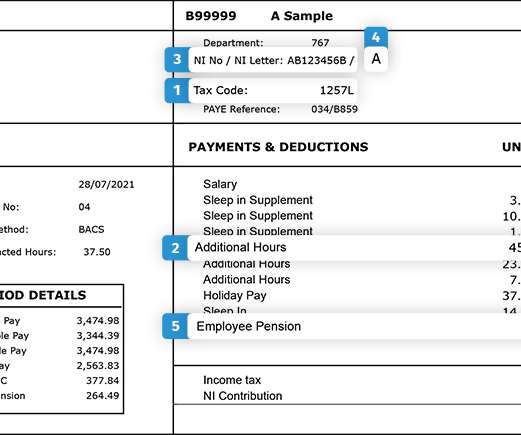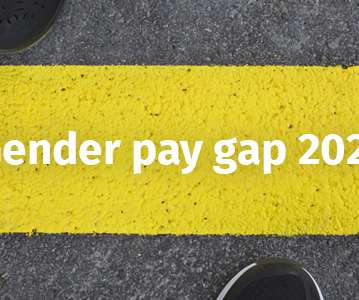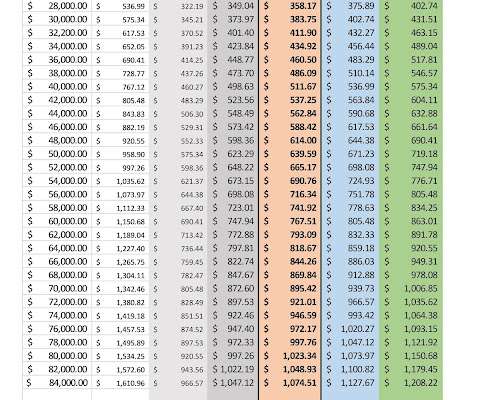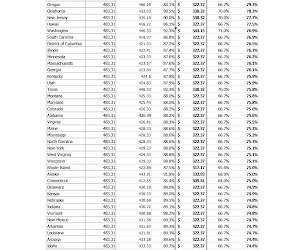Top 5 reasons to check your payslip
cipHR
NOVEMBER 15, 2021
Despite their importance for keeping track of our pay, as many as one in twelve people (8%) admit that they rarely (or never) look at them. CIPHR asked payroll expert Jon Lee for some pointers. For the 2021/22 tax year (and through to 2025/26), the tax code for most people under 65 who only have one job or pension is 1257L.













Let's personalize your content